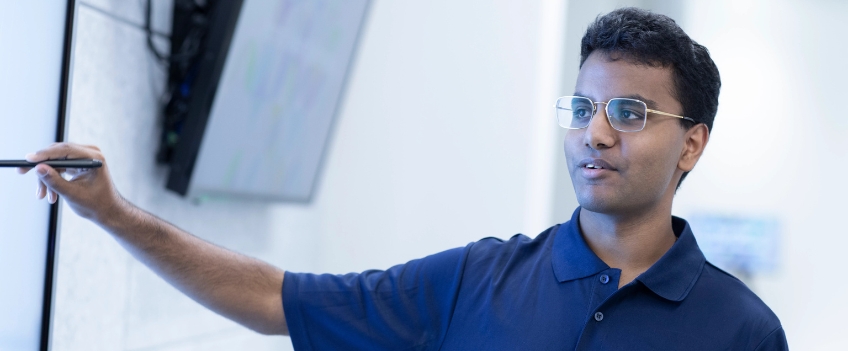
Honors Theses
Copyright Statement
All rights reserved. This publication is intended for use solely by faculty, students, and staff of Nova Southeastern University. No part of this publication may be reproduced, distributed, or transmitted in any form or by any means, now known or later developed, including but not limited to photocopying, recording, or other electronic or mechanical methods, without the prior written permission of the author or the publisher.
Date of Award
2021
Document Type
Honors Thesis - NSU Access Only
Department
H. Wayne Huizenga College of Business and Entrepreneurship
Honors College
Farquhar Honors College Thesis
Honors College Dean
Andrea Nevins, Ph.D.
Home College Dean
Andrew Rosman, Ph.D.
Abstract
This paper provides a comprehensive literature review on the state of the art in blockchain technology in the areas of its function, impact on industry, weaknesses, and relevance to the traditional accountant. This literature review encompasses findings and predictions from industry leaders within the business and technology sector. The research component of this thesis attempts to anticipate the future direction of blockchain and predict adoption patterns by analyzing blockchain adoption across an individual’s professional learning cycle – from higher education and on-the-job training to continuing professional development. On an academic level, colleges and universities should reflect the demands of the current job market by offering courses that provide instruction on blockchain topics. Based on the survey conducted of the top ten universities within the United States, the school of engineering and the school of business offered the most academic instruction related to blockchain. The school of law offered the third most courses. On an occupational level, blockchain’s growth trajectory can be predicted by analyzing different industries per hiring and recruitment trends. Based on the research performed in this thesis, payment technologies such as Visa and PayPal are hiring more blockchain-savvy talent than any other industry, followed closely by business consulting firms like KPMG and Accenture. On a continuing professional development level, research shows a correlation between the rise in technology-driven firms and the evolution within the financial accounting industry to produce technology-driven advisors. The American Institute of Certified Public Accountants (AICPA) has taken measures to include continuing professional education courses on blockchain. Additionally, changes outlined in the 2021 Blueprint for the Uniform CPA exam indicate expanded testing on digital skillsets. Newly licensed CPAs will be expected to have a fundamental understanding of emerging technology and to converse with clients about data and its potential use.
NSUWorks Citation
Eva Ducanis. 2021. An Accounting Perspective: Predicting the Impact of Blockchain Technology Across Industries. Capstone. Nova Southeastern University. Retrieved from NSUWorks, H. Wayne Huizenga College of Business and Entrepreneurship. (22)
https://nsuworks.nova.edu/honors_theses/22.

